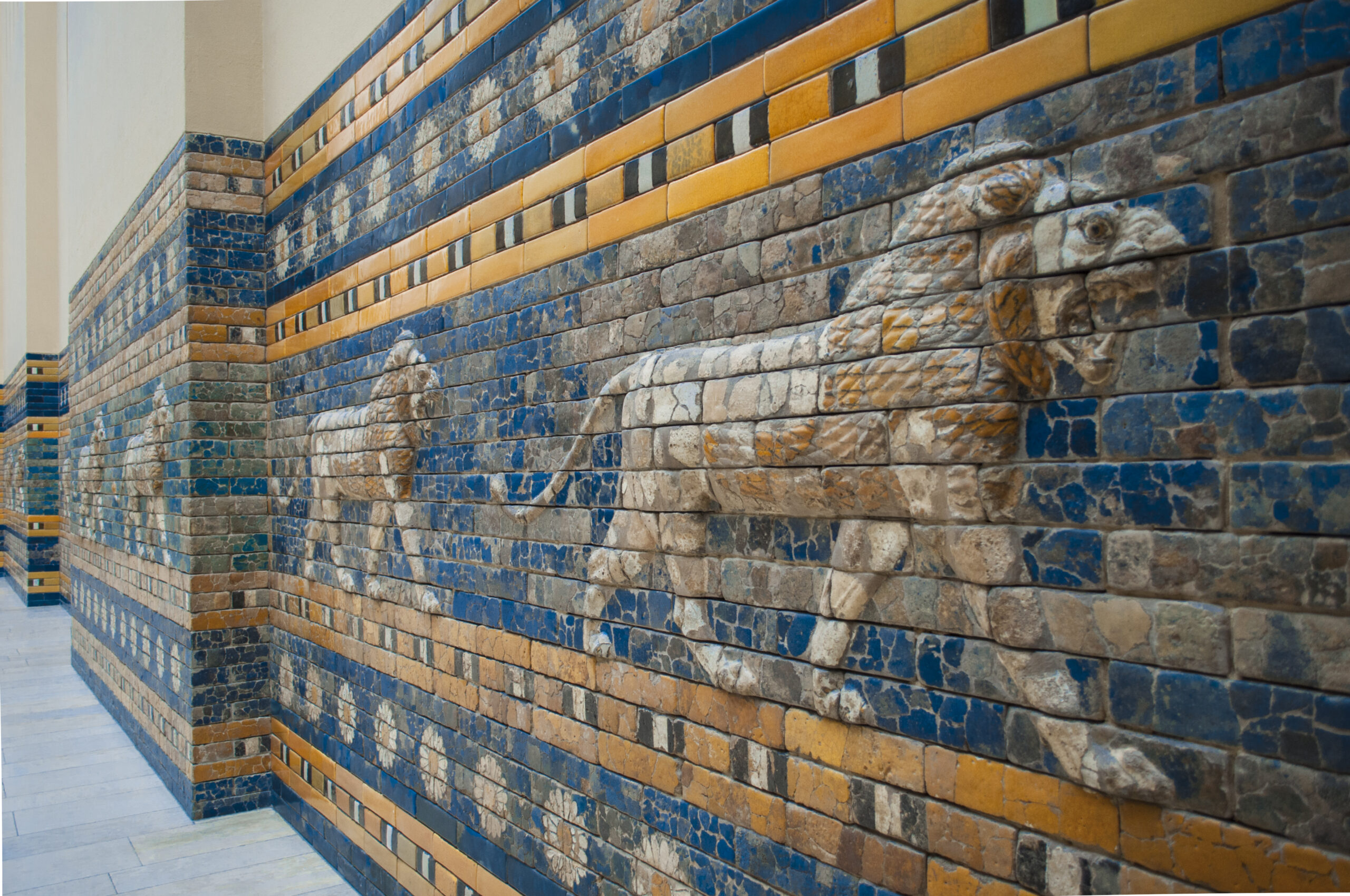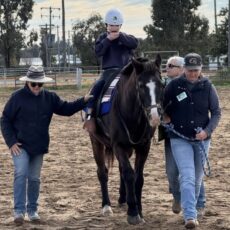ArtsNational Narrabri will be kicking off its 2025 season when UK arts historian Sue Rollin will present ‘Babylon – Art & Legend’ in Cinema 1 at The Crossing Theatre on Monday, March 31.
Sue Rollin resides in London and holds degrees in Near Eastern archaeology, South Asian studies and conference interpreting. She has tutored and lectured at London and Cambridge Universities, been a staff interpreter at the European Commission, and currently works as a freelance interpreter, lecturer and tour guide.
Sue has travelled widely for work and pleasure and has led cultural tours in Spain, Sicily, Morocco, the Middle East, Central Asia and India. She has co-authored travel guides on Jordan and on Istanbul. In the UK, Sue delivers arts lectures for the Arts Society and the Victoria and Albert museum, and this will be her fifth ArtsNational tour in Australia.
Babylon earned its reputation not merely for its size, but for its staggering beauty and architectural marvels, the most famous being the Hanging Gardens, one of the Seven Wonders of the Ancient World.
These lush, terraced gardens, built by King Nebuchadnezzar II for his homesick wife, showcased an array of exotic plants and trees, teeming with life in a desert landscape.
Babylon was a remarkably advanced civilisation considering the time period in which it thrived.
The Babylonians created significant astronomical records that included catalogues of star constellations, as well as techniques for calculating different astronomical coordinates and occurrences.

UK arts historian Sue Rollin resides in London and holds degrees in Near Eastern archaeology, South Asian studies and conference interpreting.
In terms of medicine, the Babylonians pioneered basic medical processes like prognosis, as well as cataloguing a wide range of ailments and their symptoms.
Both sexes in Babylonia learned how to read and write, and most of the Babylonian literature is based on translations of ancient Sumerian works.
Babylon was a beacon of knowledge, housing the vast Library of Ashurbanipal, filled with thousands of cuneiform tablets from all corners of the ancient Assyrian Empire.
It stood as a testament to the intellectual curiosity and innovative spirit of the Babylonians, excelling in the areas of mathematics and astronomy.
The city’s scholars even developed one of the first known code of laws, the Code of Hammurabi, that greatly influenced subsequent legal codes.
Despite Babylon’s history marked by periods of decay and desolation from 539 BC, its legacy still lives on, shaping our modern world in ways often overlooked.
This mesmerising city gave us some of the earliest innovations in law, mathematics, astronomy, and literature, and it set the foundations for civilisation as we know it.
Let’s step into the past, into the bustling streets of ancient Babylon.
Marvel at its architectural wonders, immerse us in its vibrant marketplace, delve into the rich tapestry of knowledge in its grand library, and walk in the footsteps of the great kings. Let the story begin.
ArtsNational arts talks last for approximately one hour, followed by complimentary drinks and canapés in The Crossing Theatre café with an opportunity to chat with our guest speaker.
Members who join by or on the date of this first lecture, will receive a complimentary visitors ticket for a friend to attend a lecture of their choice during the 2025 season.
To order photos from this page click here










